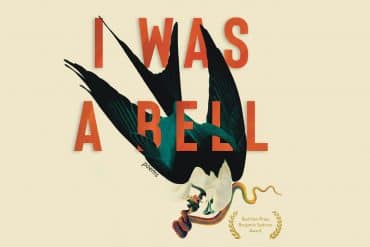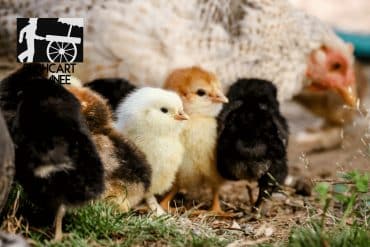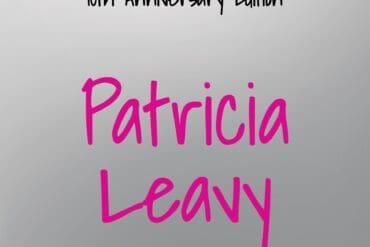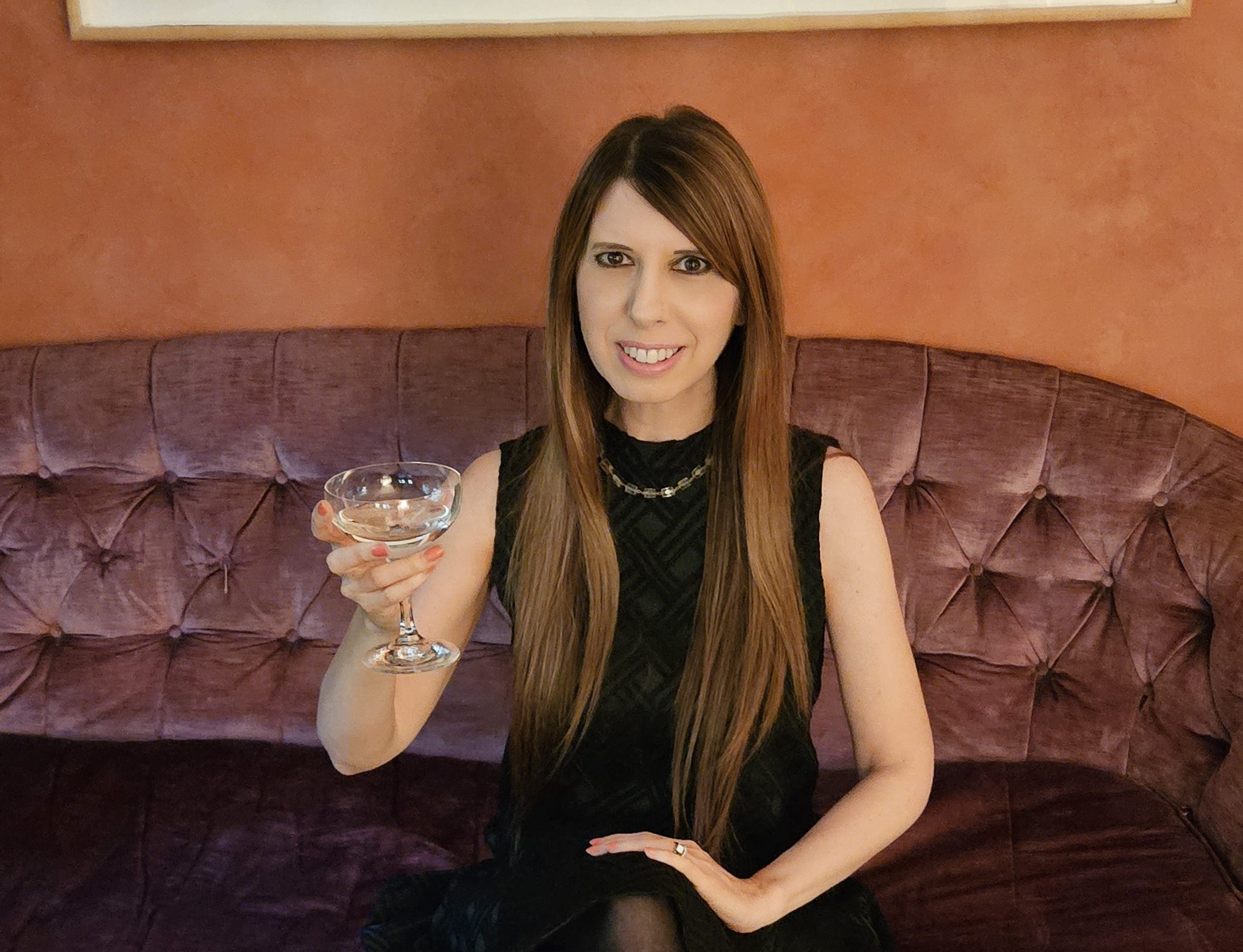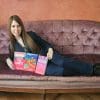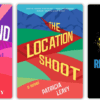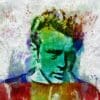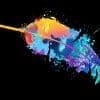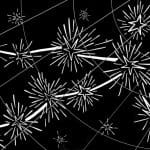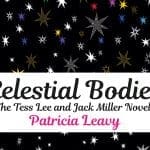Conclusion to this Special Issue: A Peek into My Catalog
There are no words to describe how honored I am that The AutoEthnographer has dedicated this special issue to celebrating my body of work, or how grateful I am to the editors and contributors. Reading the words of the contributors brought smiles, laughs, and more than a few tears. While I’ve always thought seriously about what I’m putting out into the world—the messages in each book and my body of work as a whole—at the same time, I don’t think any of us really spends much time thinking about what our work might mean to others, or to even assume it will mean anything.
Perhaps it’s best that way. To keep focusing on doing the best work we can, work that will hold our own hand. With any luck, perhaps it may hold other people’s hands too. I tend to think that’s not really our business. As creatives, we each need to have our own relationship with our work and allow others the same.
Being a part of this issue did inspire me to think back over the course of my life and career, trying to put the pieces together in my own mind. Over the years many people have asked me how certain ideas or books came to be. They want to know how one project planted the seeds for the next. It’s not always linear. As one of my characters said, “One can’t unscramble the eggs.”
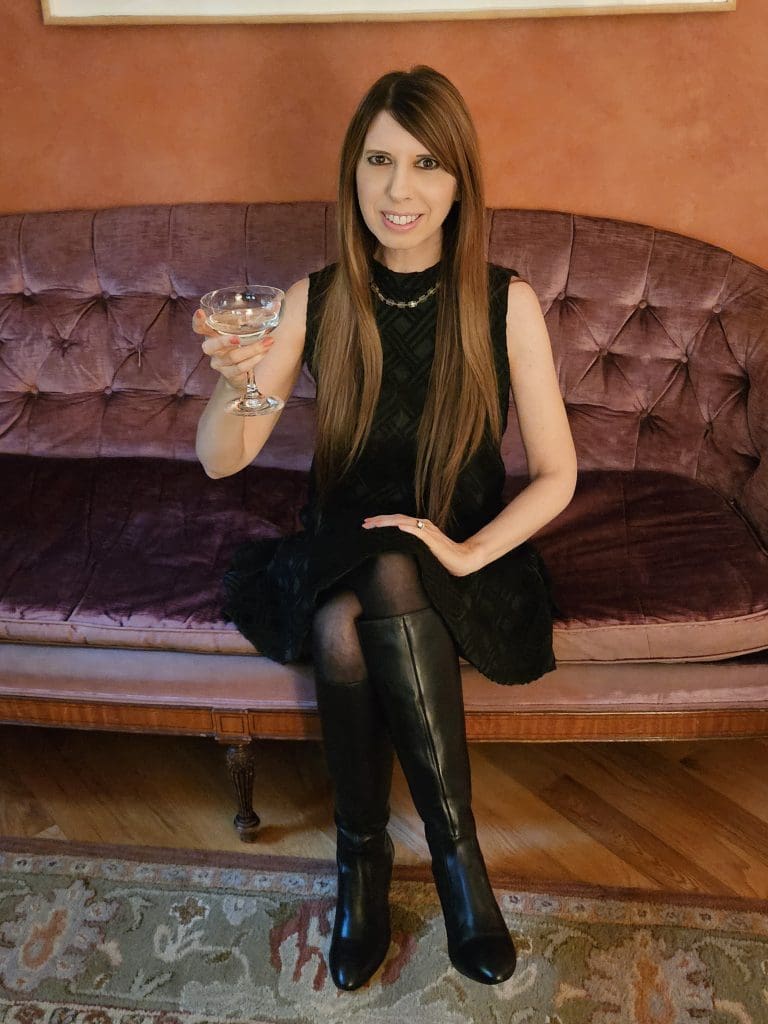
‘Story-worlds were magical—they transported me to different places where I’d meet new people, and learn about their lives in emotional, visceral ways.
In my opening editorial I explained that much of my childhood was spent in story-worlds, reading, being read to, and writing. Story-worlds were magical—they transported me to different places where I’d meet new people, and learn about their lives in emotional, visceral ways. I could travel to story-worlds—to escape, hide, and dream. Creative writing was a refuge that allowed me to express things that were otherwise just out of reach. I could take my experiences and observations and mix them up with my fantasies, and suddenly have something that didn’t exist before. Eventually I became a sociologist, still engaged in exploring human experience and trying to make sense of the world. I faced many frustrations which ultimately brought me back to creative writing and the arts.
That description of my past is true, and yet, there are many missing pieces. They’re more of a tapestry of my life, rather than a chronological retelling. The friends I had in high school loved to read and talk about philosophy. My grad school friends added theory to the mix. The artists I met at the time could sit for hours with a bottle of wine or a pot of coffee and a loaf of bread and talk endlessly, never about other people, always about ideas. My fifth-grade English teacher allowed me to attempt to write a novel at the age of ten.
‘I could travel to story-worlds—to escape, hide, and dream. Creative writing was a refuge that allowed me to express things that were otherwise just out of reach.
My high school English teacher taught me about social justice while he taught me about literature and my graduate school professor and dissertation chair taught me about bold and experimental writing. All the friends who traipsed with me over the years to little out of the way independent movie theaters to see films about artists, and those who recommended countless films and books. Death at the Parasite Café by Stephen Pfohl. American Monroe by S. Paige Baty. The Destroyed Woman by Simone de Beauvoir. Fields of Play by Laurel Richardson. Kathy Acker. Jeanette Winterson. Carolyn Ellis. The beat writers. And on and on.
How do we become who we are? How does our work become what it is? I don’t know other than to say that I can see some of the bits, the encouragement, the inspiration, the roadblocks, the mentors, the rebels.
In putting this issue together I’ve gone back through my catalog to date. Some suggested I explain what each of my books mean to me. With over forty, that’s not feasible. I can say that my story-worlds mean more to me than words can describe. They bring me comfort, joy, healing, visibility, and along the way have managed to give me a career as well. As I think back over the novels I’ve written, what I’m most struck by is the lessons I’ve learned from the characters. They may come through my filter, but they are much wiser than I am. From my stories I’ve learned about art, love, and life. So, in closing, I’ll leave you with a few of the lessons they’ve taught me, in the hopes they inspire you as you think about your work and your life.
‘I could take my experiences and observations and mix them up with my fantasies, and suddenly have something that didn’t exist before.
“Creative thinking demands creative writing.”—from The Location Shoot
“There’s so much beauty in that magical space where the trees touch the sky.”— from After the Red Carpet
“Perhaps the yellow brick road was really just a trail of gold dust connecting one dream to another.”—from Hollyland
“Someday is dangerous. Be careful of someday.”—from Spark
“Mind the gap.” – from Low-Fat Love: 10th Anniversary Edition
“It’s going to happen. It just might not be how you expect. That’s the trick: being open to whatever way it comes.”— from Film Blue
“Breathe. Just breathe.” – from The Celestial Bodies Romances (a novel series forthcoming with She Writes Press)
Patricia Leavy
Dr. Patricia Leavy is a bestselling author, independent sociologist, and internationally known arts-based researcher. She has authored, coauthored, and edited over 40 books, earning critical and commercial success in both nonfiction and fiction, and her work has been translated into numerous languages. Her work has garnered a slew of book awards including USA Best Book Awards, Independent Press Awards, International Impact Book Awards, National Indie Excellence Awards, International Book Awards, New York City Big Book Awards, Firebird Book Awards, and American Fiction Awards.
Recently, her novel The Location Shoot won a 2023 Literary Titan Gold Book Award for Fiction. She has also received numerous career awards including, the New England Sociological Association 2010 New England Sociologist of the Year, the American Creativity Association 2014 Special Achievement Award, the International Congress of Qualitative Inquiry 2015 Special Career Award, the National Art Education Association 2018 Distinguished Contributions Outside of the Profession Award, the American Educational Research Association 2018 Division D Significant Contributions to Educational Measurement and Methodology Award, and the American Educational Research Association 2022 Outstanding Achievement in Arts and Learning Award.
She has also been honored by the National Women’s Hall of Fame, was presented an Award for Leadership and Humanitarian Efforts in Literature and Publishing by We Are the Real Deal, and in 2018 SUNY-New Paltz established “The Patricia Leavy Award for Art and Social Justice.” Dr. Leavy lives in Maine with her family. She loves writing, reading, watching films, and traveling.
Website: www.patricialeavy.com
Facebook: https://www.facebook.com/WomenWhoWrite/
Instagram: https://www.instagram.com/patricialeavy
She Writes Press: https://shewritespress.com/portfolio/patricia-leavy/
Guilford Press: https://www.guilford.com/author/Patricia-Leavy
Credits
Images provided by Patricia Leavy
Learn More
New to autoethnography? Visit What Is Autoethnography? How Can I Learn More? to learn about autoethnographic writing and expressive arts. Interested in contributing? Then, view our editorial board’s What Do Editors Look for When Reviewing Evocative Autoethnographic Work?. Accordingly, check out our Submissions page. View Our Team in order to learn about our editorial board. Please see our Work with Us page to learn about volunteering at The AutoEthnographer. Visit Scholarships to learn about our annual student scholarship competition.
Dr. Patricia Leavy is a bestselling author, independent sociologist, and internationally known arts-based researcher. She has authored, coauthored, and edited over 40 books, earning critical and commercial success in both nonfiction and fiction, and her work has been translated into numerous languages. Her work has garnered a slew of book awards including USA Best Book Awards, Independent Press Awards, International Impact Book Awards, National Indie Excellence Awards, International Book Awards, New York City Big Book Awards, and American Fiction Awards. Recently, her novel The Location Shoot won a 2023 Literary Titan Gold Book Award for Fiction. She has also received numerous career awards including, the New England Sociological Association 2010 New England Sociologist of the Year, the American Creativity Association 2014 Special Achievement Award, the International Congress of Qualitative Inquiry 2015 Special Career Award, the National Art Education Association 2018 Distinguished Contributions Outside of the Profession Award, the American Educational Research Association 2018 Division D Significant Contributions to Educational Measurement and Methodology Award, and the American Educational Research Association 2022 Outstanding Achievement in Arts and Learning Award. She has also been honored by the National Women’s Hall of Fame, was presented an Award for Leadership and Humanitarian Efforts in Literature and Publishing by We Are the Real Deal, and in 2018 SUNY-New Paltz established “The Patricia Leavy Award for Art and Social Justice.” Dr. Leavy lives in Maine with her family. She loves writing, reading, watching films, and traveling. https://patricialeavy.com.


